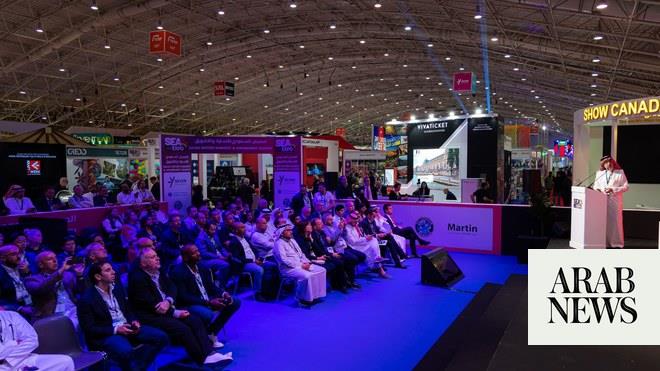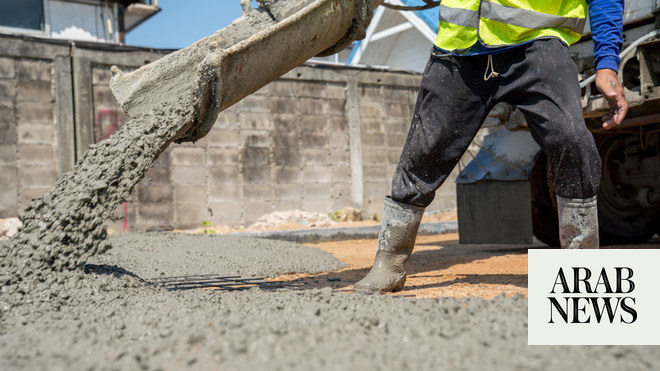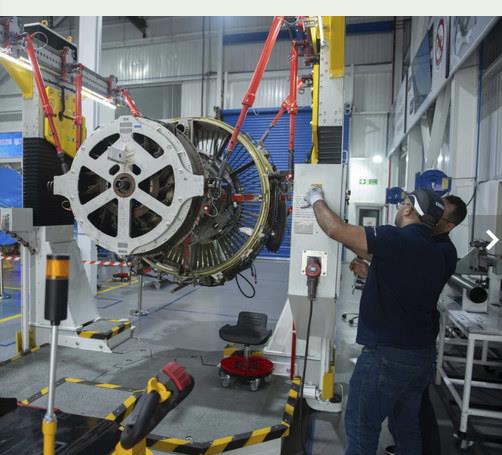
Alia Al-Neyadi discovered her passion for performing when she was only three years old
Along with her mother, Al-Neyadi would train four to six times a week to master every move
DUBAI: Ballet is more than just dance. Practising it requires talent, grace, persistence, hard work and excellent training.
For 26-year-old Alia Al-Neyadi, all these elements were present at a very young age. The first Emirati ballerina discovered her passion for performing when she was only three.
“I honestly cannot remember a time when I was not dancing. Ever since I was a toddler, I would sit in my stroller and watch my mother train young girls at the studio. I remember one day walking up to the front of her class and simply twirling,” recalls the young star.
Coming from an artistic background, Al-Neyadi was always surrounded by dance. Her mother, Svetlana, first visited the UAE in the late 1980s, when she was invited to perform in Al-Ain with the Moscow ballet company.
This is where she met Abdalla Al-Neyadi, the father of the future dance sensation. “I like to think that ballet is a family affair when it comes to us,” said Al-Neyadi.
“My parents are my biggest supporters. They both appreciate the art of ballet, and they have supported me every step of the way. My mother was both my mother and my instructor.
“I remember and still joke with everyone how if she is calm, she talks to me in English, but if she is getting tough, she goes all Russian on me, and that is when you know it is getting intense.”
For 20 years, Al-Neyadi and her mother motivated each other to achieve great things. In 1998, Svetlana opened a world-class ballet institution, Fantasia Ballet, in the heart of Abu Dhabi, teaching young ballerinas in the emirate the art of Russian ballet.
Al-Neyadi, along with her mother, would train four to six times a week to master every move. “The discipline in ballet helped me test my limits. While I did miss out on some childhood experiences, ballet has shaped me into the person I am today,” she said.
When she was 15, Al-Neyadi obtained the support of the Abu Dhabi Authority for Culture and Heritage to represent the UAE at an international arts festival held in Ukraine.
The teenage ballerina placed third, stunning everyone. “People were amazed that the UAE had a ballet troupe so skilled as to come third out of 140 countries,” she said.
“It was such an honor that at this young age, I was doing something to make my country proud. It was not easy, but it was worth it.”
The holder of a bachelor’s degree from Zayed University, Al-Neyadi majored in international affairs in culture and society because she felt there was no “better way to enable change than going back to where it all began in the UAE — the people.”
Things did not always go smoothly for the ballerina during her nearly 20 years of dancing.
“Explaining myself to people when I first started was probably my biggest challenge. Being an Arab, Muslim, Emirati who wanted to pursue dancing professionally was unheard of. I had to show people I was not there to insult but rather unite,” she said.
“At the age of 16, I felt fiercely attacked, but my family and loved ones taught me patience and pushed me further. Today, dancing means everything to me. I express myself through dance and convey emotions through twirls. If you leave one of my performances feeling like I’ve emotionally touched you, I have done my job.”
The UAE has come a long way since Al-Neyadi’s beginning, and the local performing arts scene is thriving. “Through my work as a Cultural Curator at Abu Dhabi’s Department of Tourism and Culture, I was able to get more involved with the art scene,” Al-Neyadi said.
“A lot of people do not know this, but in Sharjah, we have a very active performing arts scene, with an academy dedicated only to performing arts and a strong theater program.
“We are hoping to transform the UAE into a cultural stop and with its own opera house with a resident ballet, music and opera troupe performing year-round. This is definitely going to take some time, but I have dedicated myself to making this dream a reality.”
• This report is being published by Arab News as a partner of the Middle East Exchange, which was launched by the Mohammed bin Rashid Al Maktoum Global Initiatives and the Bill and Melinda Gates Foundation to reflect the vision of the UAE prime minister and ruler of Dubai to explore the possibility of changing the status of the Arab region.











